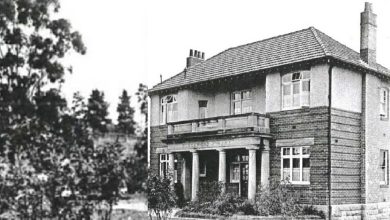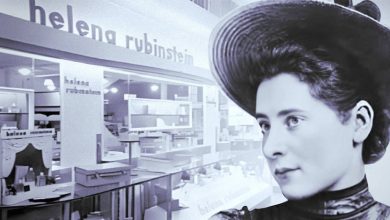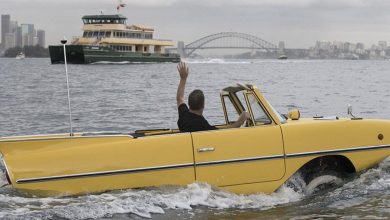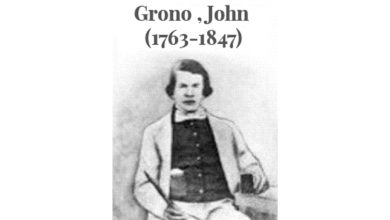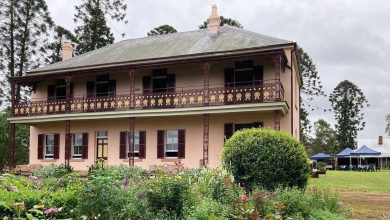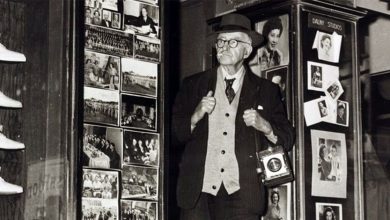By Ivor Jones
As a schoolboy, arriving in Australia during the late 1950s, I found that school students carried their school books and lunches in a small suitcase. These were so different to the school satchels that I was used to backing in the UK.
The school cases were made of reinforced fibre usually carrying the trademark name of “Globite” and were very hard wearing and stood well the hard knocks of being thrown about by the students being also kicked and scuffed.
Many students also stuck stickers onto the cases. I also recall that using the locks on the suitcase gave me some pleasure in placing very small stones or gravel pieces on the catch of the lock and releasing the catch so it catapulted the stones or gravel elsewhere.
The Global case also came in handy as a portable seat for some of the small children.
The story of how the “Globite” came about is also interesting. The company that manufactured the cases was Ford Sherington of Sydney. Alfred Ford was an English migrant who manufactured metal trunks and imported china and glass, operating from a factory and shop at Ultimo.
In the 1890s depression, he was looking for a partner to inject £150 into his business. Ada Sherington came to his aid. Ada had emigrated to Brisbane in 1899 with her three sons, William, 14, Arthur, 12 and Guy, 10. During 1892 the family moved from Brisbane to Sydney and William quickly found work at the retailer Farmer & Co and later found employment with Alfred Ford.
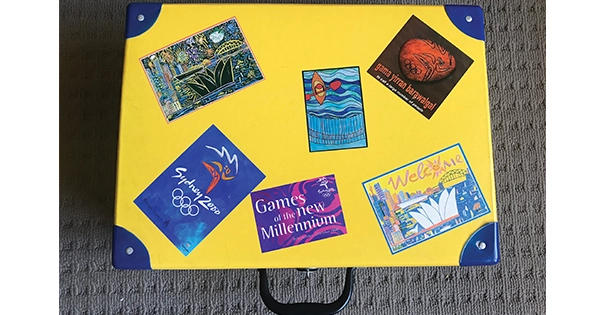
William and Arthur often wrote to their paternal aunt and her husband, wealthy corset manufacturer William Pretty, back in England. Ada, hearing of Alfred Ford’s attempts to seek a partner in his business contacted William Pretty seeking financial advice, who used contacts in Sydney to assess Ford’s business credentials.
With Ada investing in Ford’s business, Alfred took William in as a partner, his brothers Arthur and Guy also joined the business working in the factory alongside William and Alfred Ford and around 20 or 30 other workers. Ada also helped out with the business by opening the shop and showroom in Harris St Ultimo.
The ties between Alfred Ford and the Sherington family was further strengthened when Alfred married Ada Sherington’s younger sister (William’s Aunt), Clara Banfield.
The focus of the business shifted from tin making and metal trunks to leather goods including handbags and travel trunks, prospering under Commonwealth tariffs introduced at Federation.
In July 1911, when the business had expanded to 165 employees from 100 a year earlier, Guy told a federal Royal Commission into labour shortages that Ford Sherington needed to recruit 12 skilled trunk makers from Great Britain, as suitably qualified tradesmen, could not be found in Australia.
Ford Sherington, then operating from Elizabeth Street Surry Hills, acquired the site in 1911. Architects Robertson & Marks were engaged to design their new building in an area undergoing radical redevelopment as factories replaced housing.
Further opportunities for the Ford Sherington business arose when a technique to toughen paper fibres through vulcanising was invented in Europe. Ford Sherington acquired Australian distribution rights, using the reinforced fibre in their Globe-brand suitcases.
Importing reinforced fibre from Norway, Guy also took out an international trademark on the brand name Globite. Originally a travel case, by the 1960s Globite cases were dumped in school corridors and kicked around bus stops or railway platforms by school kids across Australia.
Aside from luggage, which included a “wardrobe trunk’’ for overseas travellers and “a cheaper grade’’ Fordite case, promoted as “the best value low-priced case on the Australian market’’, the Surry Hills factory manufactured footballs, cricket pads and dog collars.
Ford Sherington manufacturing moved to Kingsgrove in 1967, and the business was taken over six years later in 1976. Globite bags are now manufactured in Melbourne, Victoria.

